It’s been a minute since I talked about ARTMS’s excellent comeback with “Icarus”, where in addition to praising the song and the standalone club version of the music video, I also promised a look into the cinematic version. It’s a throwback work to the days where K-pop used to lean into the dramatic, and the reason I set it aside is because it made me want to discuss the themes it brings up and the references it appears to have, all of which intrigued me.
——
As far as I can understand, the very basic plot of the music video is essentially that the ARTMS members are relatively broken members of society that vanish into a digital world inside a TV where they’re able to find sanctuary in Club Icarus* from the “real” physical world, and are thus also able to find their true selves there in the “fake” digital world. To me, though, this isn’t really heavily a plot-based deal, and the exact narrative is less important than the symbolism of dealing with isolation and pain and a lack of identity or belonging in a ever-expanding technological world that readily encourages it.
*What I’ve found interesting over the years is that in South Korea, the Icarus myth seems to be more frequently interpreted as something of a tragedy of a dreamer rather than a warning of reckless ambition or something. Not to get all “one must imagine Sisyphus happy”, but that helps understand how the name fits the sentiment.
Perhaps appropriately then, upon completion, my initial thought was to compare it to Persona 4 and the Midnight Channel, where the protagonists (and antagonists) are also sucked into an alternate world where they find alternate identities of themselves that they literally have to defeat in that world to prevent themselves from dying in the real world.
Let's gooooo. pic.twitter.com/8bcWKJK3bv
— Asian Junkie (@asianjunkiecom) June 13, 2025Mostly though, I found it shares a lot more in common with the anime Serial Experiments Lain (which may have also influenced Persona, honestly). The myth seen at the beginning of the music video is key to most of this, as there’s a similar conflict in the anime where the deity wants to merge the two different worlds and plans to use both protagonists and antagonists to do it (same in Persona 4).
This was a particularly interesting reference point to use, as Lain essentially questions what identity means in our digital world*. The split between “real” and “fake” grow more questionable than ever, and as one might eventually question whether the physical or digital version of yourself is the real one, one might also question which world is the “real” and “fake” world as well (along with which is the real or fake “you”).
*Though given the narrative in Lain, I’m also giving my interpretation/take on that as well, I suppose.
I assume the "real" world being the shot that shows distortion is purposeful. pic.twitter.com/p5fhxOy0eJ
— Asian Junkie (@asianjunkiecom) June 13, 2025That plays out in the “Icarus” music video, where the impossibly large bird in the “fake” digital world makes us intuitively believe that the “real” physical world is the one with the flying plane, but it’s also the one that looks the most digitally altered, whereas the fantastical world is crystal clear. That’s not unlike perhaps the digital world feeling more like a real home to the ARTMS members than our actual society is.
——
Speaking of that, the four middle-aged men going on a hunting trip and shooting the birds out of the sky and then posting with them was also worth noting. Birds and wings are consistently used as a representation of a healing or freedom of sorts, with the lyrics talking about how finding their wings is able to set them free to be ambitious and unchained.
The image presented in the music video could, in a lot of ways, represent the relationship youth have with authority. The obvious interpretation is a shooting down of that freedom and dreaming by the adults, which is shown through an Icarus representation literally falling out of the sky. However, it’s also perhaps a commentary on our world planting the promises of finding a clear identity when you enter into a social contract to act and do right, but that transforming into more of a cage or trap where if you don’t accept the identities you’re funneled into then they’re more than happy to cut that off for their own benefit.

One could even connect this to being an idol, as well as their own direct situations. ARTMS have been no stranger to exploring identity and their roles as idols in the digital world with their past works, so that’s an obvious connection, and there are also a lot of familiar types of themes at play in terms of control, oppression, and perhaps even the unique obstacles women face (the antagonists appointed are men). There’s a desire in the way the “solo” dance scenes are setup that express a want to not be interchangeable faces as well.
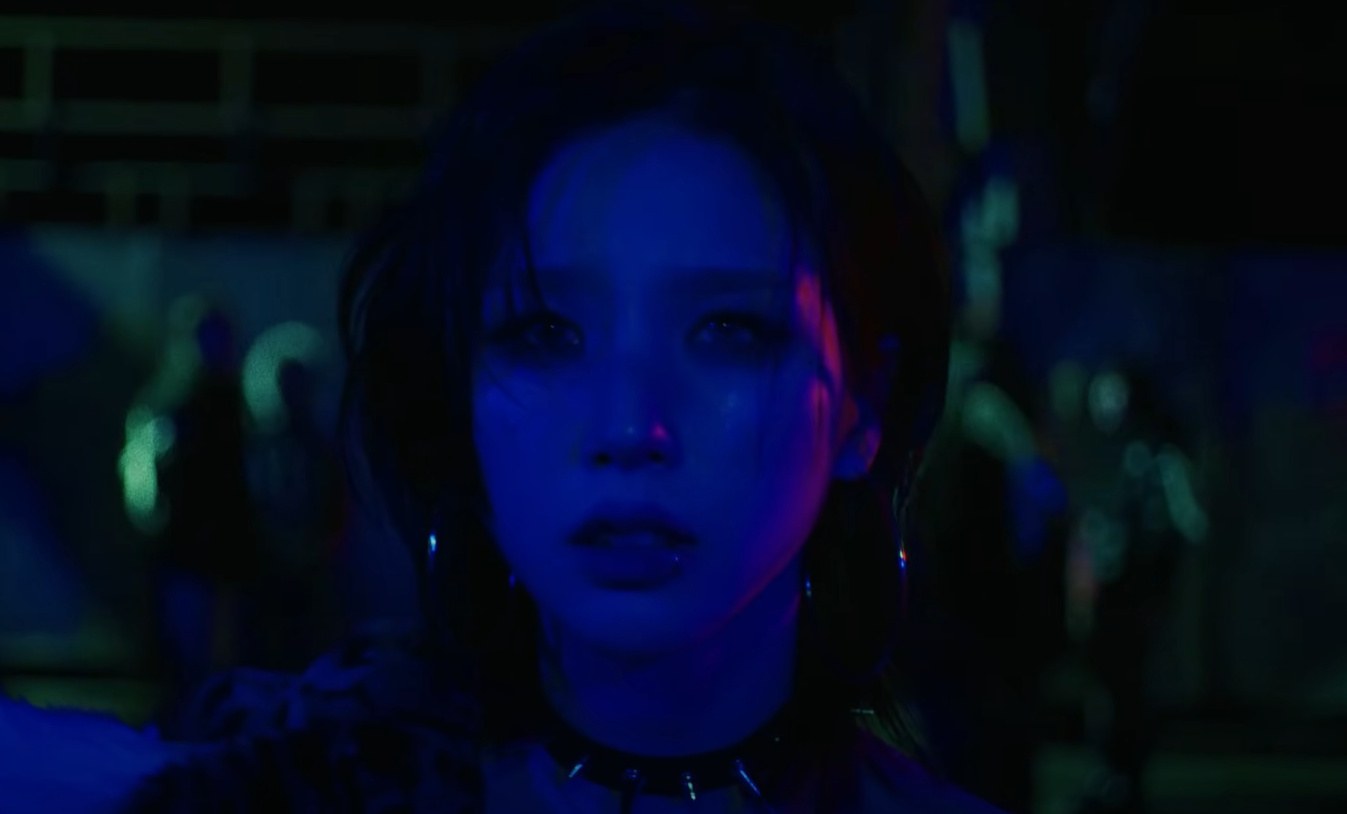 Goodness.
Goodness.The role technology plays in our world is at the core of this, and it wonders that if the “fake” digital world is now where most find their meaning, love, safety, and all the things society used to provide, then is the “real” physical world actually becoming the fake one where we simply go to be hurt and lie, and asks what happens if those two worlds effectively merge. Not to evoke The Matrix discourse, but it’s somewhat inevitable thinking when one starts to think about where we now find meaning and what is real/fake or questions their sense of self.
——
As I’ve said before, when it comes to these types of comebacks in K-pop, I feel like it’s a win if it gets me to think about it on this level at all and I inherently appreciate it for activating any kind of neurons in my brain. While obviously K-pop itself is “not that serious”, the creative directors and what not are definitely serious artists, so it never really surprises me things with comprehensible narrative and themes emerge.
In the end, “Icarus” is a beautifully shot, edited, and crafted music video, not only technically impressive but thematically and philosophically rather fascinating as well, engaging the viewer in not only broader concepts but using that wider net to seemingly apply it to not only the industry but their specific experiences within that industry as well. It makes it feel like not only an engaging work of art but also something of a personal one to the artists themselves, which it not a common feeling one gets from K-pop.
Anyway, share any thoughts on it you have, no matter how crazy or whatever, as that’s the whole point.
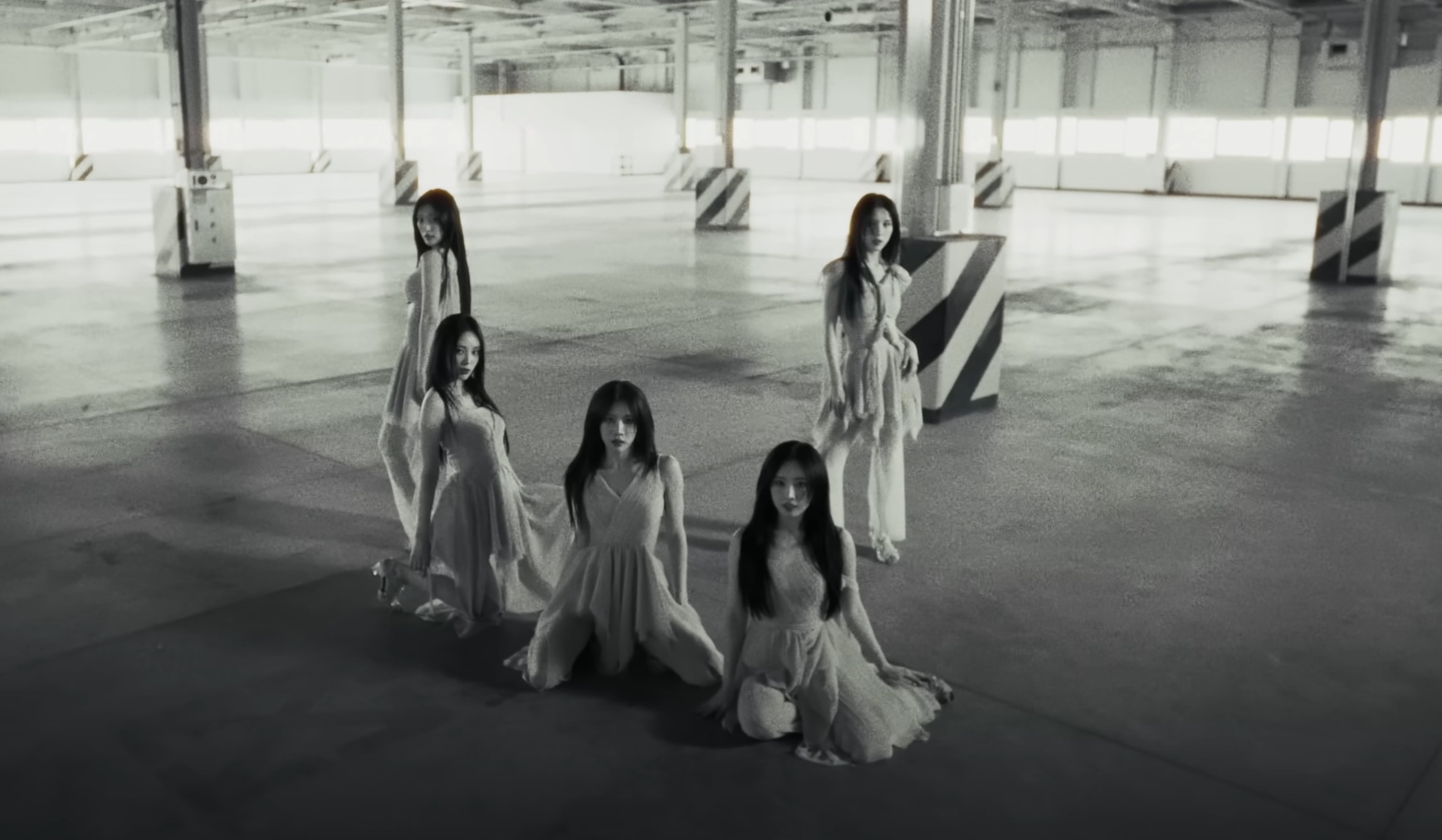


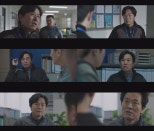






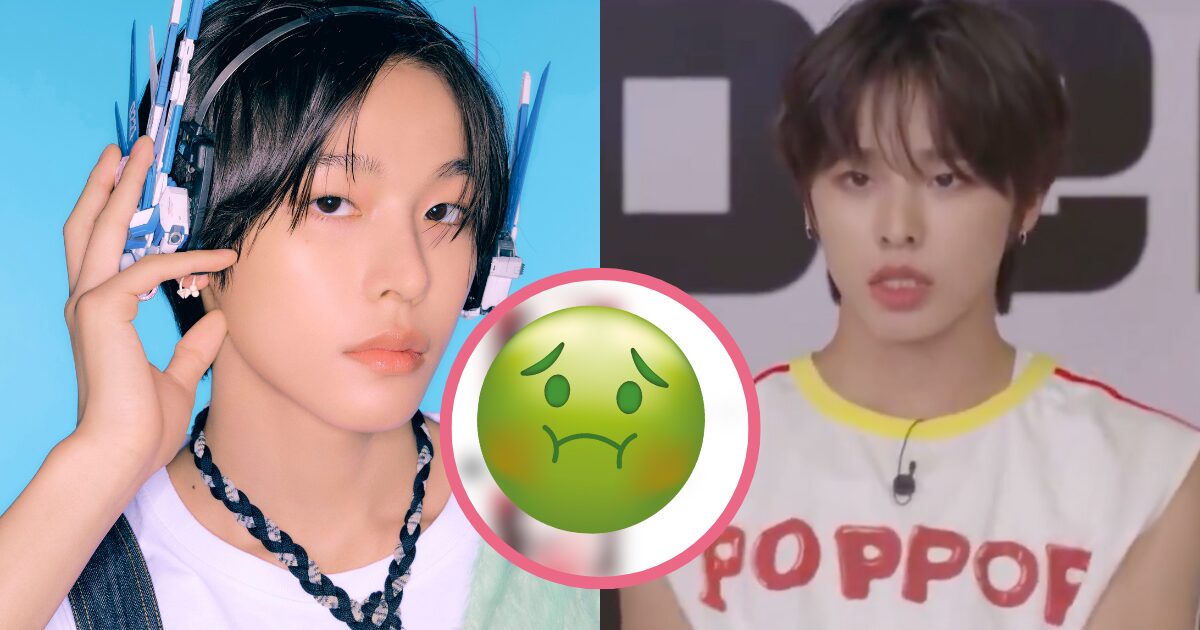

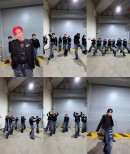
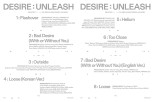






 English (US) ·
English (US) ·